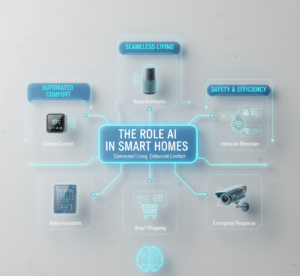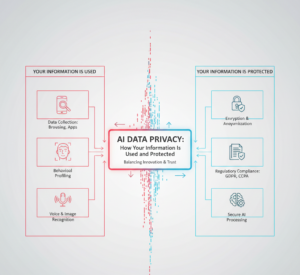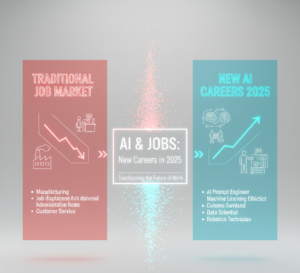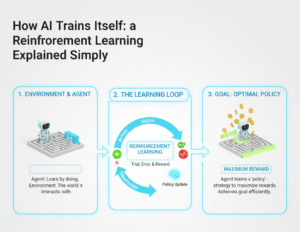Ethical Artificial Intelligence in Content Creation: Navigating Copyright, Privacy, and Intellectual Property

Ethical Artificial Intelligence in Content Creation: Navigating Copyright, Privacy, and Intellectual Property
As generative artificial intelligence becomes more essential to the process of creating content, ethical questions are becoming more and more important. Although artificial intelligence (AI) has the potential to simplify processes and open up new avenues for creativity, it also presents difficult challenges in terms of copyright, data privacy, and intellectual property. For both artists and corporations, it is necessary to have an understanding of these problems.
Content Creation and the Understanding of Ethical Artificial Intelligence
The term “ethical AI” refers to the responsible use of artificial intelligence (AI) technology in a way that ensures that the outputs respect the rights of creators, the privacy of users, and the legal frameworks in place. When it comes to creating content, this entails assessing the origins of data, the ways in which material created by artificial intelligence is used, and the possible effects that these factors might have on authors who are human.
Difficulties in the Area of Copyright
Copyright is one of the most significant issues that has to be addressed. Artificial intelligence (AI) systems are often trained on massive datasets that include information that is protected by copyright. The following are some of the most important matters:
- Use of creative works without permission: Content that is created by artificial intelligence (AI) has the potential to accidentally imitate designs, words, or pictures that are protected by copyright.
- Attribution: It is a difficult task to ascertain the rightful owner of an artificial intelligence-generated product, whether it is the inventor, the AI tool, or the source material.
- Content that is derived from other sources: When artificial intelligence is used to make changes to existing works, it presents legal problems concerning originality and ownership.
- It is essential that creators and companies make sure that any artificial intelligence tools that they employ are trained on material that has been appropriately licensed and that the outputs do not violate any intellectual property rights that are already in place.
Considerations Regarding Data Privacy
Artificial intelligence (AI) systems often make use of massive quantities of user information in order to enhance their outputs. The development of material that is ethically sound entails:
- Protecting sensitive information: Refrain from exploiting private or personal information without first obtaining permission.
- Transparency: Inform users whether AI has processed their data to produce content.
- Compliance: When using AI technologies, you must be sure to adhere to all data protection rules, such as the General Data Protection Regulation (GDPR) or any local privacy legislation.
- Placing a high priority on privacy protections protects both content providers and their viewers from possible legal and ethical issues.
Content That Is Generated by Artificial Intelligence and Intellectual Property
Intellectual property faces additional issues as a result of the introduction of artificial intelligence:
- Ownership clarity: There are many countries that are still in the process of determining who is considered to be the legal owner of works that are created by artificial intelligence.
- Licensing: When it comes to artificial intelligence produced material, creators are responsible for making certain that it is properly licensed for usage in commercial or public settings.
- Respecting the producers of original works: It is possible that using artificial intelligence (AI) to duplicate or remix another person’s work without their consent might breach both moral and legal rights.
- Creating explicit regulations around intellectual property and material created by artificial intelligence helps to avoid conflicts and promotes responsible usage.
Ethical Guidelines for the Utilization of Artificial Intelligence
- Make sure that the training data for the artificial intelligence platform is obtained from legal sources by using datasets that have been licensed.
- When it is appropriate to do so, give credit to human creators when their work has had an impact on AI outputs.
- Maintain transparency by disclosing when artificial intelligence (AI) is involved in the process of creating information, wherever it is applicable.
- Keep yourself up-to-date on current events: Keep an eye on the rules of copyright, privacy, and intellectual property (IP) in relation to material generated by artificial intelligence as they continue to change.
Combine human oversight: Always evaluate AI outputs to preserve creativity, quality, and ethical requirements.
The use of ethical artificial intelligence in the development of content is more than simply an issue of legal compliance; it is a matter of trust, responsibility, and artistic integrity as well. Creators are able to make use of artificial intelligence in a responsible manner by carefully considering copyright, data privacy, and intellectual property. This ensures that innovation is advantageous to everyone while still respecting the rights of human creators.




